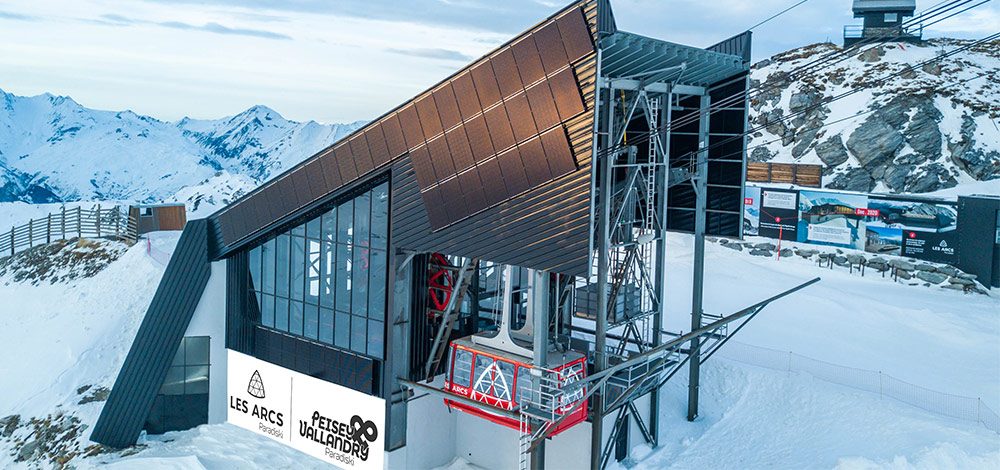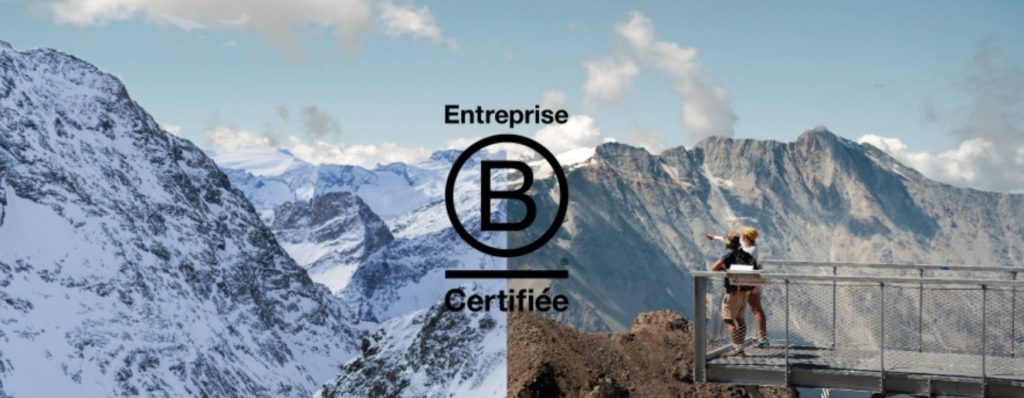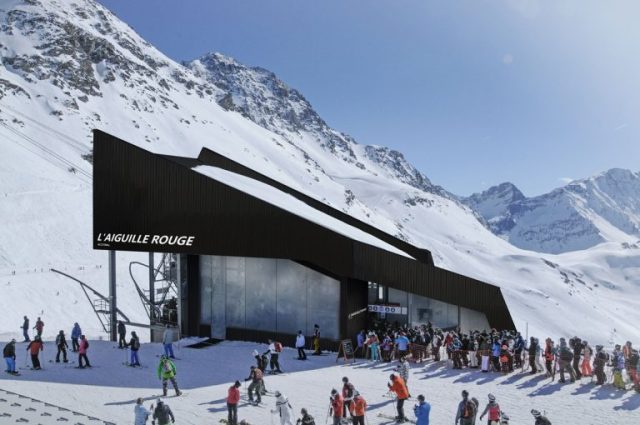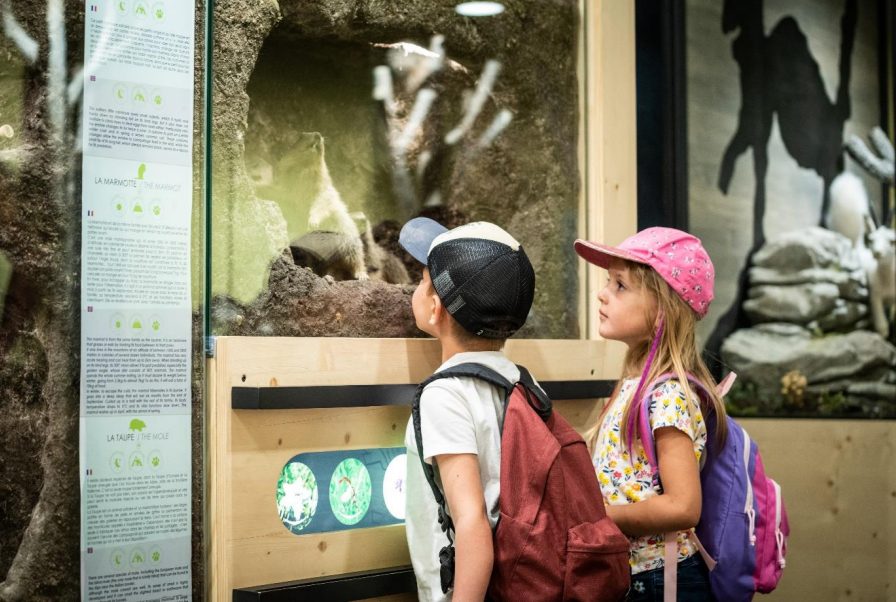Earlier this year, the French ski resort of Les Arcs became the first ski resort in Europe – and only the second in the world, after Taos in New Mexico – to be awarded the internationally recognised ‘B Corporation’ certification.
The resort has always been ahead of the curve in it search for environmental credentials. In 2020, Les Arcs achieved Flocon Vert (‘Green Snowflake’) status, becoming only the eighth ski destination in France to achieve this eco award.
If you have not heard of ‘B Corp’, you will have heard of some of the other 7000 accredited companies around the world, such as Patagonia, Danone, Ben & Jerry’s and Picture Organic Clothing.
The mission of B Corp companies is to be the best FOR the planet, and not necessarily the best on the planet. And that means stringent standards of social, environmental, governance and transparency thresholds.
That journey started four years ago for Les Arcs, driven by a unique team known as ‘La Ruche’ (The Hive). These busy bees were responsible for driving initiatives aimed at accelerating the transformation of the Les Arcs & Peisey-Vallandry region.
Reducing their carbon footprint has always been a key part of this. The resorts’ lifts already operate on 100% renewable electricity, but their entire fleet of snow groomers are now powered by biofuel instead of diesel. On its own this has reduced emissions for slope maintenance by 83%.
Another significant way Les Arcs has been able to bring down emissions is via the futuristic funicular that connects Bourg-St-Maurice with Arc 1600. The funicular is free for anyone travelling by train and is also powered by renewables.
This revolutionary approach, in conjunction with other measures taken meant that Les Arcs was awarded the prestigious Eco-Damage Trophy at the 2022 Mountain Planet Show.
The changes required for B Corp go beyond reducing your carbon footprint. For Les Arcs, preservation of biodiversity and natural spaces has been a key element of their approach.
This has included the planting of 900 native sapin pectine trees on the local hillsides in collaboration with the Office of National Forests. Wetland areas, originally destroyed to make ski runs, have also been restored and rewilded with myrtille and rhododendron bushes.
Building awareness among visitors has been another key tenet of Les Arcs’ approach. This was behind the Museum of Mountain Animals, which was created in partnership with the Vanoise National Park in 2021.
Situated at the top of the Vallandry gondola, this free museum showcases more than 30 species of mountain flora and fauna, building a sense of connection with visitors and raising awareness and the need to protect them.
Strong links with the local community is another fundamental part of Les Arcs’ plan. Nearly 90% of purchases, such as the plastic carpets that you slide over to get onto a lift, or the wheels that drive the cables on the lifts, are sourced from within the Auvergne Rhone-Alpes region. The goal is to ensure that 30% of all buying is from the Savoie département itself.
Research has shown that that although Les Arcs employs over 500 staff directly, more than 2500 jobs depend on the tourism generated. It’s down to the involvement and commitment from that community that B Corp status was achieved.
“B Corp certification is a rigorous assessment of our impact on people and the planet. Everything has been looked at from our carbon footprint to the care we take of our employees,” said Frederic Charlot, CEO of the lift company, who added, Certification has to be renewed every three years, so this is just a start. We are taking action now for the present and for the future.”
Sometimes, it can feel hard to cut through the ‘greenwash’ to discover which ski resorts are actually making a difference. With the ‘Flocon Vert’ and now ‘B Corp’ labels behind them, Les Arcs are genuinely leading the way.
—–
Iain stayed at the Hotel La Cachette in Arc 1600. He travelled to Les Arcs on the new Eurostar Snow Train. According to research by Protect Our Winters, the carbon cost of this trip is 10kg CO2e, which compares with 250kg CO2e for flying.
Find out more about no-fly ski travel at www.skiflightfree.org




